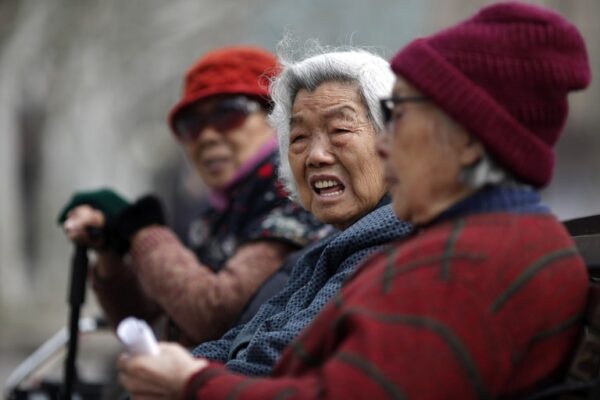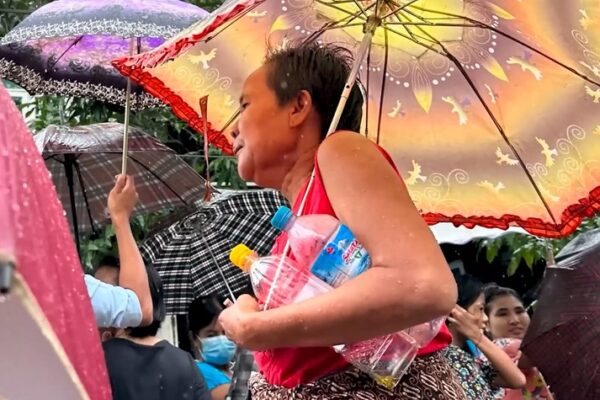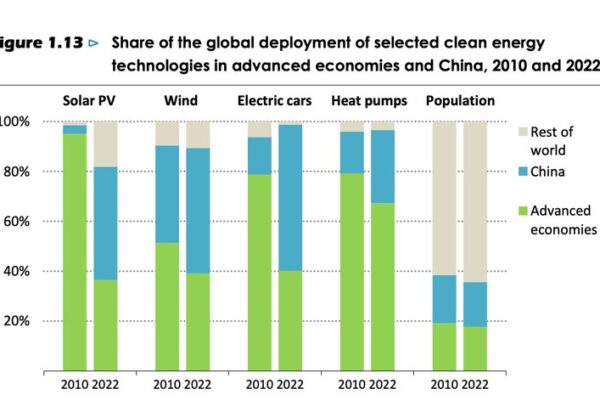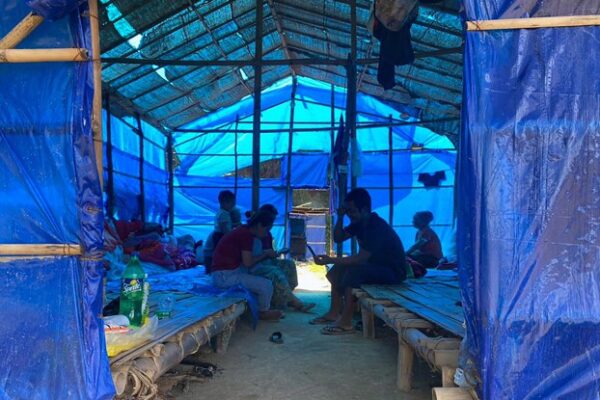
Cambodian-American lawyer transferred to prison in capital
Cambodian authorities have transferred an outspoken Cambodian-American lawyer and human rights defender from a remote jail to the country’s largest prison on the outskirts of the capital Phnom Penh, a Prison Department official said Friday. Theary Seng, a 52-year-old American citizen, has been serving a six-year sentence in Preah Vihear Prison, in the north, since June 2022, when she was convicted treason, stemming from her failed efforts in 2019 to bring about the return to Cambodia of political opposition leader Sam Rainsy. The Ministry of Interior transferred her to Prey Sar II Prison, which houses detained women, in the capital on Sept. 23, said Prison Department spokesman Nuth Savna. “There is no reason for the transfer,” he told Radio Free Asia. “It was the decision of the ministry’s leadership.” Theary Seng’s lawyer and supporting NGOs requested her transfer because her appeal case is being tried in the capital. Sam Chamroeun, her attorney, said the transfer will enable Theary Seng to work with her defense team and to meet with her family in Phnom Penh. Theary Seng was one of many casualties of former Prime Minister Hun Sen’s government ahead of a July 23 general election that the ruling Cambodian People’s Party won in a landslide. But Western governments and opposition activists deemed it a sham because officials prevented the main opposition Candlelight Party from participating on a technicality. In the months leading up to the election, Hun Sen used a combination of legal action, threats, harassment and arrests to target the political opposition, activists, independent media and civil society groups. People wait at an entrance to Prey Sar Prison on the outskirts of Phnom Penh, Cambodia, in an undated file photo. Credit: RFA/Uon Chhin Though Sam Chamroeun filed an appeal against the guilty verdict handed down by a court in the Phnom Penh verdict, the Appeals Court has not yet scheduled a hearing. He said that he will meet his client soon to discuss further steps. “I received two statements from the Prison Department to meet with Theary Seng, so there will be no obstacle for a meeting between client and lawyer because she is nearby,” he said. Hunger strike After her arrest, authorities sent the activist from Phnom Penh Prison to Preah Vihear on June 15 to ensure public security and order, according to the Prison Department. While in Preah Vihear Prison, Theary Seng went on a 10-day hunger strike five days after the U.N. Working Group on Arbitrary Detention issued a judgment calling her detention “arbitrary, politically motivated, and in violation of international law.” Jared Genser, Theary Seng’s pro bono international human rights lawyer, told RFA on Wednesday that he will use the working group’s report to build momentum for her case. He will also push for the United States to designate her case as “wrongfully detained” under the Levinson Act, a 2020 law that would allow sanctions to be imposed on individuals responsible for holding U.S. nationals hostage. Humanitarian groups said that the transfer was meant to politically persecute her since her case is being handled by the Phnom Penh court. Soeung Sengkaruna, a spokesman for the rights group Adhoc, urged Cambodia’s judiciary to speed up Theary Seng’s appeal process so she can receive justice because she did not commit a crime. “We haven’t seen the new government improve freedom spaces yet,” he said, referring to the government of Prime Minister Hun Manet, Hun Sen’s son who came to power following the July election, won by the ruling Cambodian People’s Party in a landslide. “We will continue to monitor the situation and hope that Theary Seng’s case is a start for resuming freedom and political space,” Soeung Sengkaruna said, referring to the government’s illiberal rule and rights violations. Translated by Yun Samean for RFA Khmer. Edited by Roseanne Gerin and Malcolm Foster.





